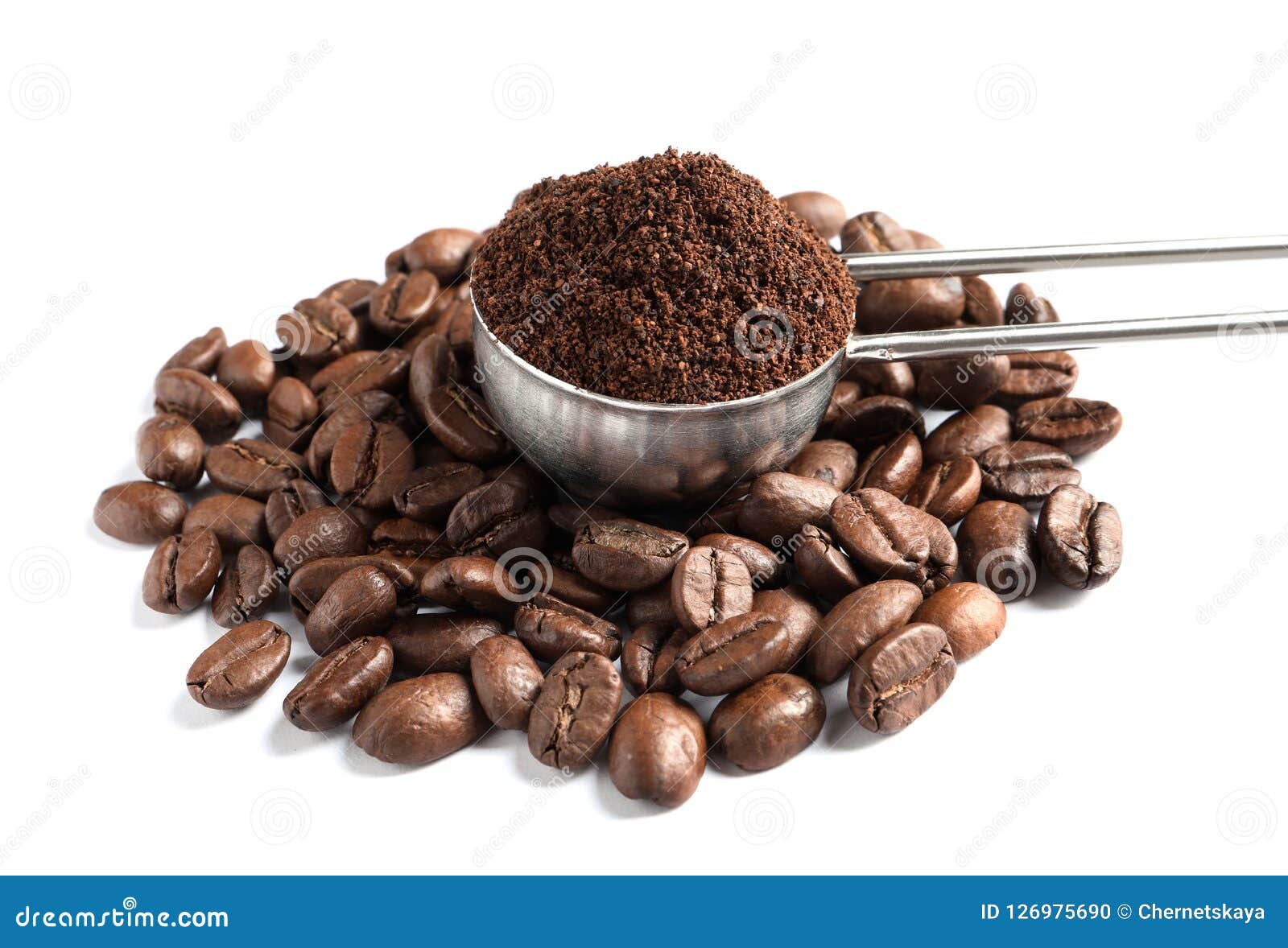
There are fluctuations within the Arabica and Robusta species, but to help make this general point let’s just stick with the aforementioned figures. Of the two Arabica is by far the more popular, comprising about 75-80% of world production.Īs a general rule of thumb estimate the caffeine content to average about 1% for Arabica beans and 2% for Robusta beans by weight. The two species most widely cultivated commercially are Coffea arabica (aka Arabica) and Coffea canephora (aka Robusta). Reduce the amount of ground coffee while keeping the amount of water consistent.If you normally use a heaped tablespoon of coffee per six liquid ounces of water, try using a bit less and see if you can live with the resulting concoction. Use Less Ground Coffeeīasically, the more ground coffee you use, the higher the caffeine content in your resulting brew. They involve getting creative with two basic variables in the preparation of your coffee: The Coffee Bean and the Method. Whatever your reason may be, there are steps you can take to enjoy your coffee while reducing or eliminating the unpleasant side effects. An estimated 20% of the population fall into this category, or you’re (hyper) Sensitive to the negative side effects of caffeine.you drink more than four cups of brewed coffee per day (read the Mayo Clinic Report here), or.So, what might the reasons be for wanting to cut down on your daily caffeine intake? Perhaps,

#Ground coffee caffeine content how to
Well, I say let’s get creative and figure out how to reduce your total daily caffeine intake without having to resort to any drastic measures.

One such decision is whether to suffer the slings and arrows of coffee abstinence or to take arms against this unimaginable cruelty. The Mayo Clinic recommends keeping your caffeine intake below 500 milligrams per day, which is several cups of coffee or tea, and neither of them have the sugar that soda contains.Sometimes life forces us to make a difficult and far-reaching decision. Second, black tea is oxidized, which increases how much caffeine is extracted during steeping.Īs long as you enjoy your beverages in moderation, both coffee and tea are healthy beverages. When the tea is picked impacts its caffeine levels. First, black, green and white teas all come from the same plant but are picked at different times. The variance in caffeine levels in tea comes from the harvesting and processing of tea. Robusta varietals have about twice as much caffeine as arabica varietals. The variance in coffee comes mainly from the two species of plants. (In comparison, caffeinated sodas tend to have between 20 and 50 milligrams of caffeine.)

In some cases, brewed coffee can look almost black.Ĭoffee’s stronger because its extracted more than tea during the brewing process. You’ll be able to see through the tea more than the coffee, even if you’re comparing black tea. If you don’t think brewed coffee is more concentrated than steeped tea, just look at a cup of each. The reason for this is simple: coffee is a stronger beverage than tea. There is more caffeine in the leaves of the camellia sinensis plant, which is the only species of tea plant, than there is in the beans of either the coffea robusta or coffea arabica plant.īrewed Coffee Has More Caffeine Than Steeped TeaĪfter brewing, however, a cup of coffee has more caffeine than a cup of tea. Caffeine is a naturally occurring pesticide that’s found in both tea and coffee (as well as cocoa and yerba mate). Tea Leaves Have More Caffeine Than Coffee Beansīefore brewing, tea leaves contain more caffeine than coffee beans. Tea leaves actually contain more caffeine than coffee beans. While brewed coffee does have more caffeine than steeped tea, it’s because coffee is a stronger drink than tea. Most people know that coffee has more caffeine than tea, right? That’s actually not quite true.


 0 kommentar(er)
0 kommentar(er)
